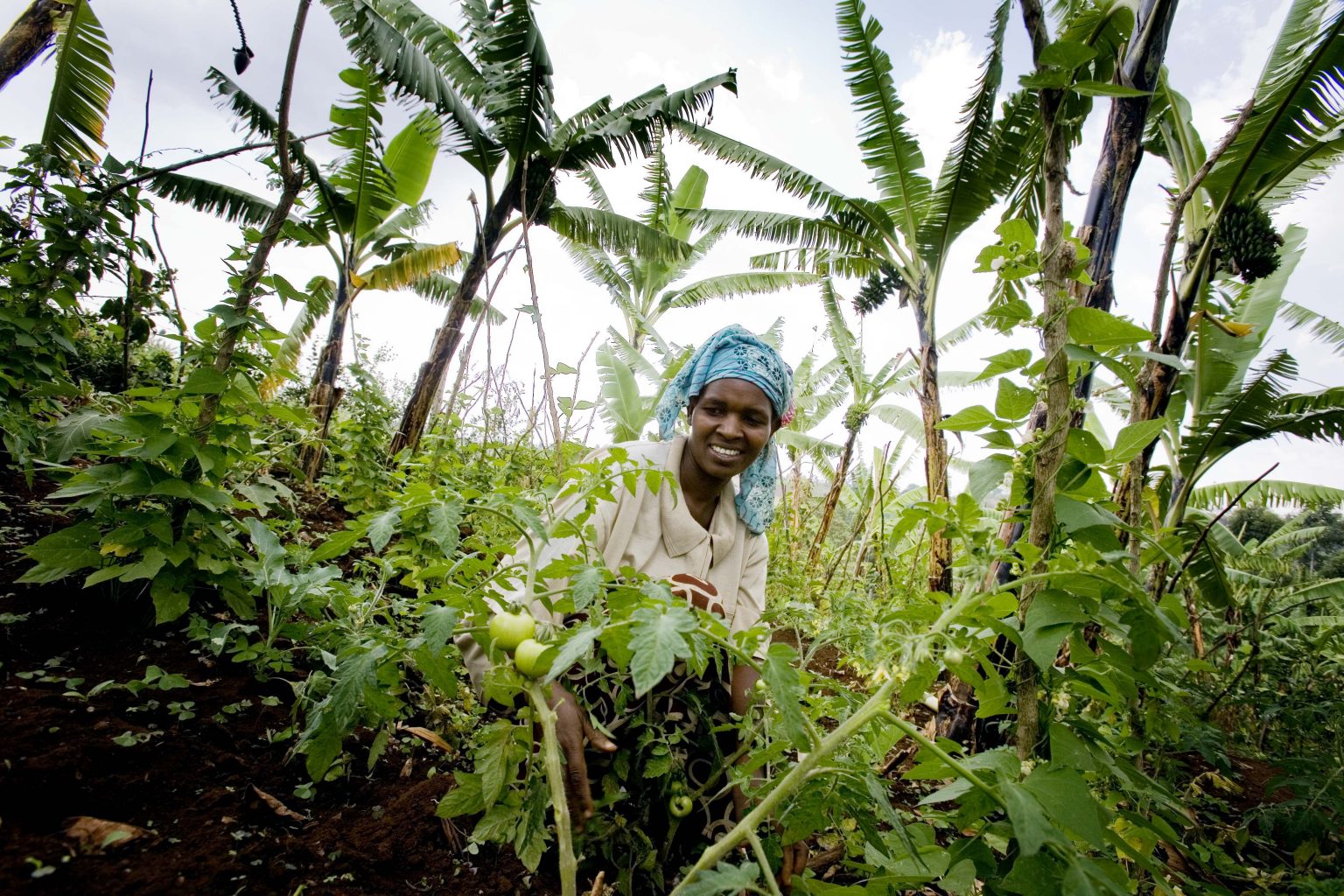There has not been a more demanding time for Africa to adopt modern agriculture methods than now. In the wake of the Covid-19 pandemic, food security in Africa is threatened at all levels and farming activities have nearly been brought to a standstill.
African farmers lost market as borders closed and flights were grounded to curb the spread of Covid-19. As a result the, pandemic severely affected the agriculture value chains from supply of inputs to transporting the end product.
Africa now finds itself more in need of modern farming methods to increase production in a cost effective manner. However, while attempting to increase production, African farmers must also mitigate the effects of climate change by adopting climate smart agriculture.
There is need to use improved seed varieties even in the backdrop of the side effects of using hybrid seeds. Improved seed varieties are more resistant to disease and poor weather, the yield more and they do so fast, an obvious solution to food shortage.
Beyond the pandemic: How do we feed our cities and industries- An agricultural insight
Modern technology is the solution to Africa’s production, harvesting and post harvesting complications. Most small scale farmers, who actually make up the majority of farmers, still use old methods to till their land and this hampers their productivity, especially in the face of negative effects of climate change.
Where there are cases of good production, then comes the issue of storage and transportation. Farmers may get good output but then their produce loses quality during harvesting, storage and transportation.
To improve and increase food production there is need for concerted efforts and public private partnership across all value chains. The private sector has the technology and the money muscle and the government has the policy advocacy that can bridge the technology gap.
READ ALSO
Climate Resilient Agribusiness
East Africa is taking steps towards adopting smart climate agriculture like the recent investment from the Climate Resilient Agribusiness for Tomorrow (CRAFT). This is a multi-country project that specifically targets several legumes including soybeans and sesame as well as potatoes, sorghum and sunflower across the East Africa Community.
Funded by the Netherlands Ministry of Foreign Affairs, the five year project advocates describe it as a Climate Innovation and Investment Facility (CIIF), that will help to “…support performance-based investments so as to build the resilience of private sector agribusinesses and service providers in the targeted value chains,” explains the CRAFT Project Manager Tanzania, Mr Menno Keizer.
In Tanzania, already four companies have entered into partnership pacts that are worth over 567 000 Euros. It is envisioned that the programme will help the EAC boost its productivity, that through smart climate agriculture methods, EAC farmers can increase and sustain production for their countries food security.
The CRAFT project is very selective. It only invests in companies that have demonstrated from their own internally generated funds as well as from third party providers like financiers and beneficiaries, that their businesses are viable, local media quotes the Project Manager.
This means that, for a company to be eligible for funding it must have ists own financial investment, a record of good performance based on a working business model. Further still, the company must have secured funding from a second party like a bank, which is evidence that the company has a working business plan.
“The project will thus work with and through the private sector to promote climate smart agriculture related innovations at farm and value chain level,” he adds.
The CRAFT project is a good example of how public private partnership serves to bridge the needs of farmers and improve productivity at all levels of an agriculture vale chain. There is the need for inputs, funding from the project helps farmers to acquire these inputs including seeds and fertilizers.
There is also the need for technology adaptation like use of improved seeds, fertilizers and modern farming techniques , all of which are the goals that the government wishes to see every small scale farmer achieve.
“The CIIF contribution is not an end in itself but rather a means for attracting commercial funding for follow-on investments and scaling,” notes the Manager “…the agri-businesses invests their own funds and then leverages off the CRAFT grant to attract additional investment from commercial financial institutions,” he details.
Such programme are vital for national food security but also for financial inclusion of women and youth. Across East Africa, farming is mostly conducted in rural settings where more than 80 percent of the population lives.
Agriculture employs the larger portion of this population and in most all cases, it is women who carry out the farming activities on the farm and also take the produce to the market for sell. Hence, programmes like CRAFT go a long way to empower women by providing the needed funding to support their agricultural activities.
With loss of market owing to the Covid-19 pandemic, farmers in East Africa need to improve production and adopt better storage facilities to maintain the quality of their output. As markets reopen, it is a matter of quality that will define who sells and who doesn’t.
